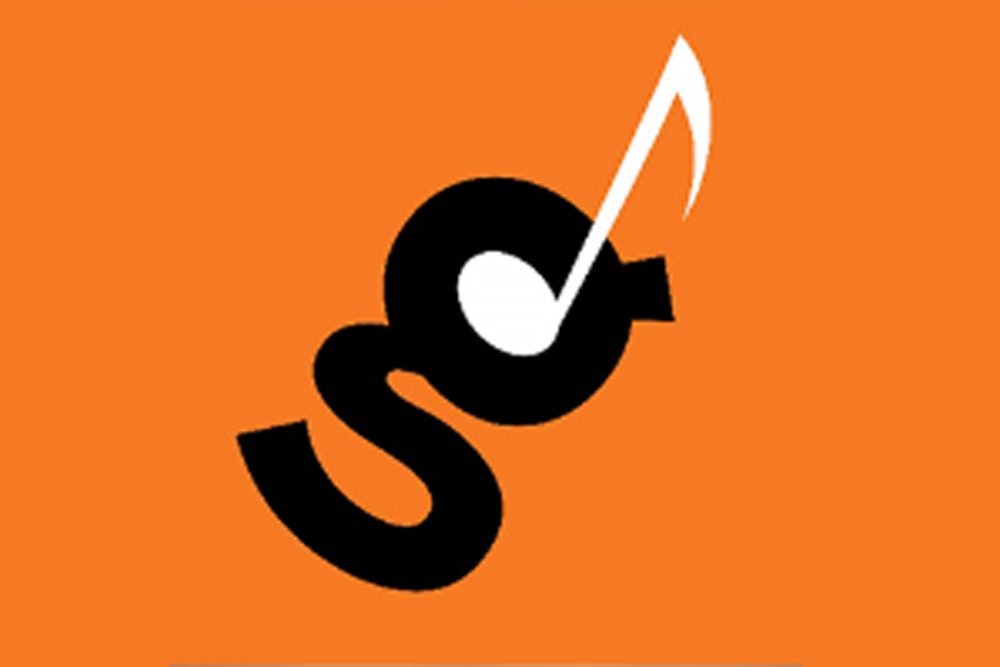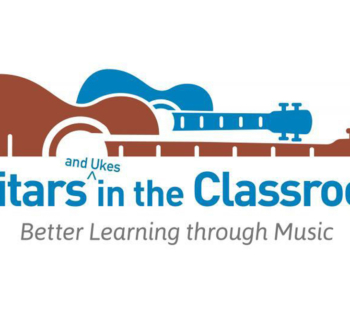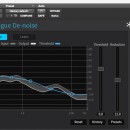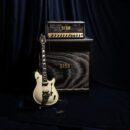Spirit or Soul?
Whatever it is that makes us who we are and unique from everyone else––that’s where creativity comes from. No matter our culture, nationality, race or musical discipline, we as human beings all have a spiritual connection to the creative process. Whether you believe in God or not there is a fire that burns in our consciousness that drives us to create. We all possess the ability to create. We create ideas to help us work better and faster at our jobs. We do home repairs, fix cars and teach our children their ABC’s. Most of us take these things for granted, and in the case of musicians and songwriters, this ability manifests itself in the form of music and lyrics.
A good song should take us on a journey
We are storytellers! Songs, whether sung with lyrics or played instrumentally, are stories. The goal or purpose for most songwriters and composers is to connect and communicate with others on an emotional level. We are trying to convey a feeling or idea and share in the human condition, and life experience is at the core of our ability to tell stories. Some of us live exciting lives and have a pool of first hand encounters to draw ideas from, while some of us are thinkers and observers with great imaginations watching the world around us, documenting things we have witnessed. Either way, we are writing from life experience.
Life experience can come from watching plays, movies, and television shows that inspire us. We hear lectures, read books, and hear conversations on the street that spark our imagination. We don’t have to actually live through an experience to be influenced by it. Life is all around us doing curious things. We watch people from café tables, park benches, and when walking down the street. Observation is the key to good storytelling and songwriting. Paying attention to the small details of life will make you a better storyteller.
Be a good receiver
My father used to say that inventions and ideas are floating around in the cosmos and we are like radio receivers dialing in these ideas. Our job is to be good receivers and listen for the message. As for myself, I sometimes meditate and dream with eyes wide open (my parents and teachers would say I was daydreaming), but this is how I connect with my creative side. I take notes and let the words tumble out at random. I don’t worry about whether it makes sense or not. My job at that moment is to record and capture every thought no matter how abstract. Don’t squash the muse as she delivers the message. Let it run its course before you try to edit and make sense of it. Think of it as shorthand or code being delivered so that we can go back later to fill in the details and dress it up to be more poetic.
Tap into the stream of ideas floating in the cosmos. Let your mind play a little.
Forcing creativity rarely works for me. I have to find a place both physical and mentally conducive for creating my art and music. I get lost in my thoughts and sit in my office or studio staring at the walls sometimes. Then after some quiet reflection, I begin to see images, stories and characters wandering around in my thoughts. Sometimes an experience from my childhood or even something that happened earlier that day can spark a firestorm of dialogue and images that overload my senses.
Never edit as you receive it. Just let it all fall onto the page, canvas, or through your instrument no matter how crazy it may look or sound at the time. You will have plenty of time later to organize, edit and straighten out the rough edges and confusion. Stream of consciousness is one way to explain it. Let it flow out like a freestyle rap artist might do. Sling the paint brush and let it drip like Jackson Pollack. Splash it around and make a mess. You will have the opportunity later to look at it with 20/20 hindsight. But for now, just play like a child and let the world around you tumble.
Get quiet—or not!
Meditate! Don’t be afraid to go deep into emptiness, because at some point something will come rushing out to meet you. Creativity is sometimes an elusive creature. The muse is shy and will sometimes hide in dark corners if we try to chase it. It’s important that we allow the muse to show us where to travel. Get quiet! Turn off your phone, TV, radio and the rest of the world. It’s not always a very loud voice that inspiration uses. Listen to your heart. This is where songs come from. They come from quiet places within us and the more you allow yourself to get quiet, the more you allow the song to come to you.
But listen, there are even times when noise and commotion are inspiring. Sometimes public places that are loud and chaotic have the effect of opening up a floodgate of ideas. There are no hard and fast rules where and when to cultivate inspiration. But if you are struggling to find the muse, then maybe meditation will help. The main thing here is to have fun and enjoy the process. Play like a child. Be willing to go wherever the muse takes you.
DALE PETERSON is the author of the book, Why in the World Would You Want to Start a Band?, published by Elad Press. As a guitarist, singer and songwriter, he has recorded nine releases with Rhythm Lords and Trouble No More as well as several solo projects with songs placed in major motion pictures and television programs. Peterson has over 45 years of recording and touring experience. Contact him at dale@root66recordingco.com.














